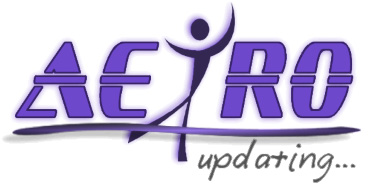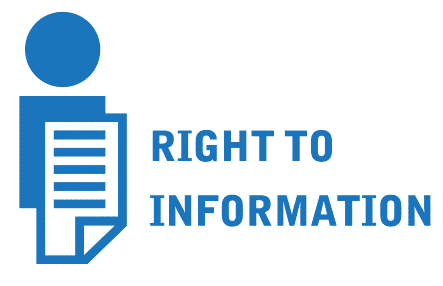The Jammu and Kashmir RTI Act was enacted as well as implemented from 2009. According to the legislation every government and semi-government department, public undertaking, government company, statutory bodies,etc. have to designate PIOs(public information officers) and APIOs(Assistant public information officers) for rendering public information, besides having the State Information Commission as the final Appellate authority.RTI empowers common people to have access to information to secure:
- transparency in public life;
- accountability of public men;
- better planning based on free flow of credible information;
- to help in creating informed citizenry as a democratic process;
- ensuring the responsive behaviour of public authorities;
- and empowering common people to have access to information.
We have this act enacted with The University of Kashmir too. While the act in itself is of great value but still, it is not free from flaws. Under RTI act, a student can get a Xerox copy of his/her answer sheet against a sum of Rs. 200. However, if he/she finds any discrepancy in marks, there is no such provision to rectify it. The authorities claim that the student can re-evaluate his/her paper but still, you need to have secured only 10% less than the minimum marks for that particular subject. In other words, RTI provides you with the detailed information of what went wrong but there is no way you can claim to get it right. A student not eligible for re-evaluation sets all his/her hopes against this act but ends in despair. Even if a university professor finds injustice in marking and is ready to plead case on student’s behalf, this answer lingers: “there are statutory limitations“.
Now the questions arise
- Should RTI be supplemented by re-evaluation of just cases?
- Should a professor be given a right to plead case on student’s behalf?
Well, we can only wait for these amendments to this act but hope it better be soon.



